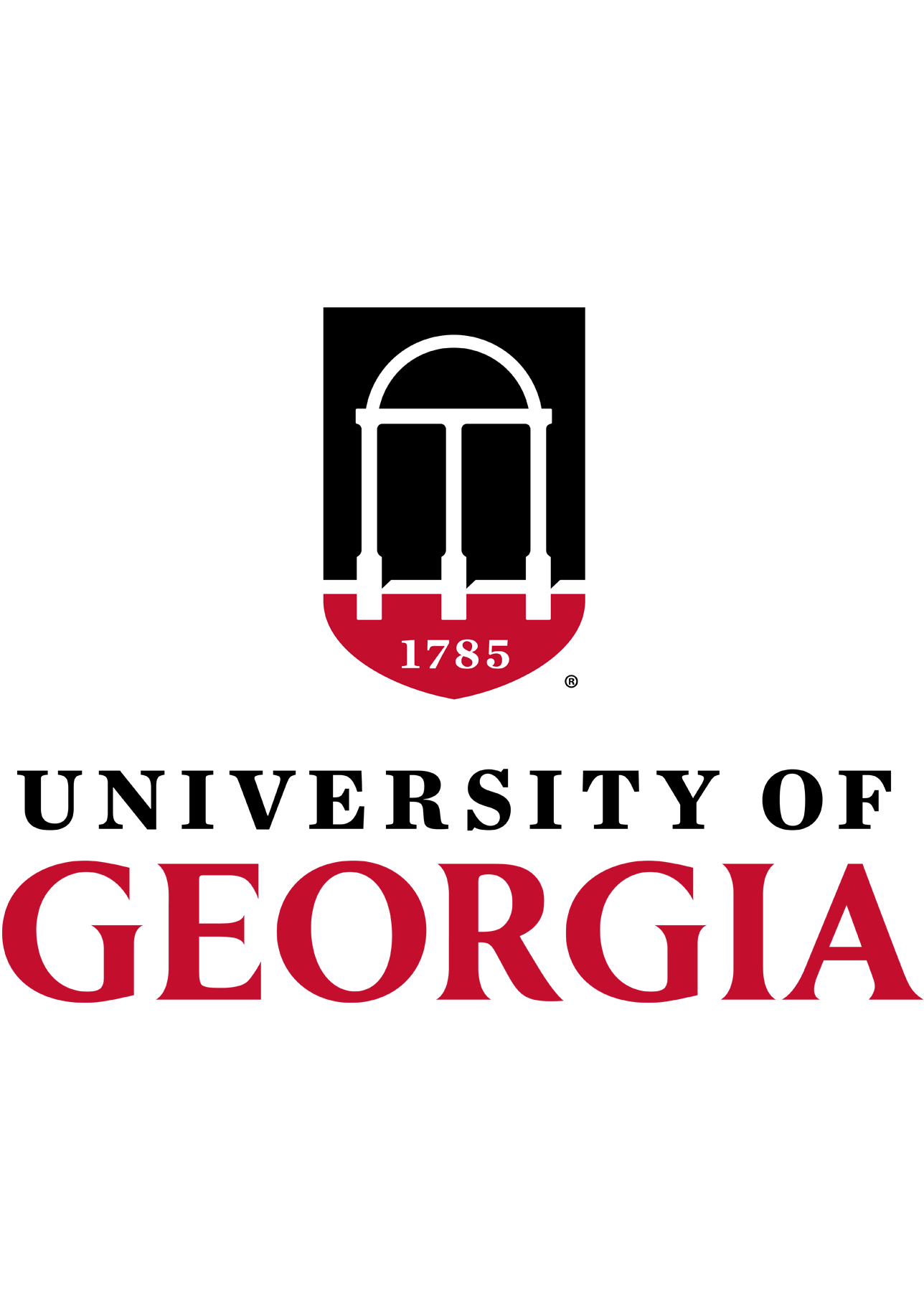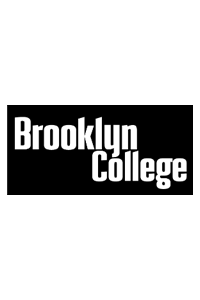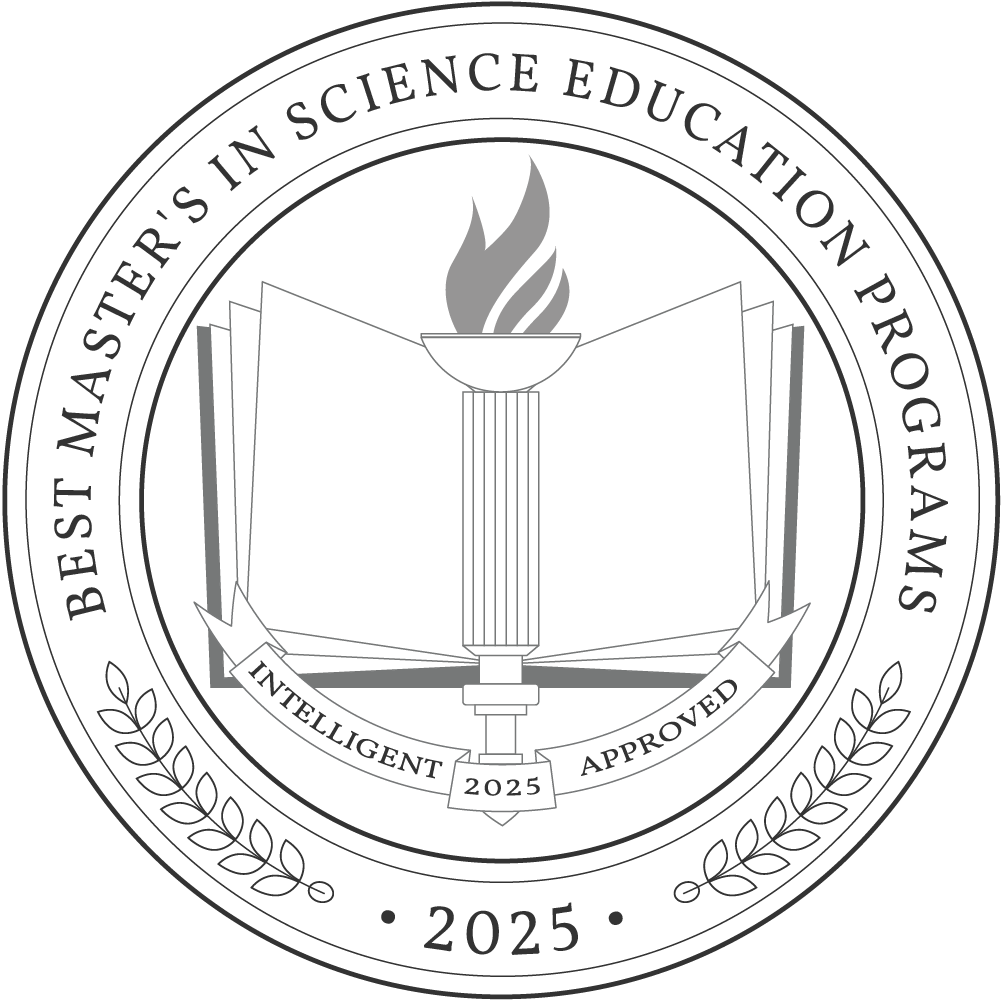A master’s in science education degree prepares students for several roles in the education field, including elementary science teacher, secondary science teacher, principal, and instructional coordinator.
The salary for this type of job depends on several factors, including geographic location and years of work experience, but the U.S. Bureau of Labor Statistics (BLS) reports a median annual salary of $63,670 for elementary school teachers and $65,220 for high school teachers. School principals have a median annual salary of $103,460, and instructional coordinators have a median annual salary of $74,620.
It typically takes two years to complete a master’s degree in science education. Tuition costs an average of $19,749 per academic year, so the total cost is just under $39,500 for two years of full-time study. This doesn’t include room and board, textbooks, and other education-related expenses.
Why Trust Us
The Intelligent.com Higher Education Team is dedicated to providing students with independent, equitable school and program rankings and well-researched resources. Our expert-driven articles cover topics related to online colleges and programs, paying for school, and career outlooks. We use data from the U.S. Department of Education’s College Scorecard, the National Center for Education Statistics, and other reputable educational and professional organizations. Our academic advisory team reviews content and verifies accuracy throughout the year for the most current information. Partnerships do not influence rankings or editorial decisions.
- Analyzed over 2,000 national, accredited, and nonprofit colleges and universities
- 800+ rankings pages are reviewed and updated yearly
- Content is informed by reputable sources, surveys, and interviews with academic advisors and other experts
- Over 100 data points are reviewed for accuracy and quality throughout the year, including sources
How we rank schools
Our list features the best Science Education degree programs at top colleges nationwide. Each school featured is a nonprofit, accredited institution — either public or private — with a high standard of academic quality for post-secondary institutions.
We evaluated each school’s program on tuition costs, admission, retention and graduation rates, faculty, reputation, and the student resources provided for online students. We collected data from trusted sources like the National Center for Education Statistics, individual school and program websites, school admissions counselors, and other data sources. Then, we calculated the Intelligent Score on a scale of 0 to 100 based on the following criterion:
Academic Quality:
- Admission rate versus enrollment rate
- Retention rate of students who return after year one
- Accreditation status (regional and programmatic)
- Nonprofit status, both private and public institutions
Graduation Rate
- Overall graduation rate
- Total number of currently enrolled students, including diversity metrics
- Student-to-faculty ratio
Cost and ROI
- In-state and out-of-state per-credit tuition rates and fees
- Required credits to graduate
- Earning potential after graduation
- Availability of federal student loans, scholarships, and other financial aid options
Student Resources
- Available student services for online-only and hybrid programs
- On-campus amenities like tutoring centers and the number of libraries
Read more about our ranking methodology.
Best 10 Accredited Master’s in Science Education Programs
FiltersInstitution Type
Status
- Intelligent Score
- Alphabetically By University Name
- Acceptance Rate
- Enrollment
- In-state Graduate Tuition
- Out-of-state Graduate Tuition
- In-state Undergraduate Tuition
- Out-of-state Undergraduate Tuition

Teachers College, Columbia University
Intelligent Score: 99.76In-state: $57,864
Out-of-state: $57,864
In-state: $49,024
Out-of-state: $49,024
SAT: 1460-1570
ACT: 33-35
$2,049
On-Campus
Middle States Commission on Higher Educatio
36-60

University of Georgia
Intelligent Score: 99.33In-state: $9,790
Out-of-state: $28,830
In-state: $8,878
Out-of-state: $8,878
SAT: 1250-1460
ACT: 29-33
Resident: $417
Non-Resident: $1,082
On-Campus
Southern Association of Colleges and Schools Commission on Colleges
46

University of Pennsylvania
Intelligent Score: 99.22In-state: $53,166
Out-of-state: $53,166
In-state: $37,678
Out-of-state: $37,678
SAT: 1460-1570
ACT: 33-35
$1,854
On-Campus
Middle States Commission on Higher Educatio
40

Boston University
Intelligent Score: 97.54In-state: $56,854
Out-of-state: $56,854
In-state: $56,854
Out-of-state: $56,854
SAT: 1310-1500
ACT: 30-34
$997
On-Campus
New England Commission of Higher Education
42

University of Florida
Intelligent Score: 95.95In-state: $4,477
Out-of-state: $25,694
In-state: $10,770
Out-of-state: $10,770
SAT: 1290-1460
ACT: 29-33
Resident: $531
Non-Resident: $1,255
Online, Hybrid
Southern Association of Colleges and Schools Commission on Colleges
33

University of Washington
Intelligent Score: 94.69In-state: $10,629
Out-of-state: $37,998
In-state: $16,278
Out-of-state: $16,278
SAT: 1200-1453
ACT: 27-33
Resident: $870
Non-Resident: $1,571
On-Campus
Northwest Commission on Colleges and Universities
45

Hunter College
Intelligent Score: 93.52In-state: $6,930
Out-of-state: $14,880
In-state: $11,090
Out-of-state: $11,090
SAT: 1170-1340
ACT: 25-31
Resident: $470
Non-Resident: $855
Online, Hybrid
Middle States Commission on Higher Educatio
40

Queens College
Intelligent Score: 92.6In-state: $6,930
Out-of-state: $14,880
In-state: $11,090
Out-of-state: $11,090
SAT: 1170-1340
ACT: 25-31
Resident: $470
Non-Resident: $855
On-Campus
Middle States Commission on Higher Educatio
33

Lehman College
Intelligent Score: 90.67In-state: $23,915
Out-of-state: $31,865
In-state: $27,595
Out-of-state: $27,595
SAT: 960-1080
ACT: 18-21
Resident: $470
Non-Resident: $855
On-Campus
Middle States Commission on Higher Educatio
31-48

Brooklyn College
Intelligent Score: 90.17In-state: $32,627
Out-of-state: $40,577
In-state: $29,975
Out-of-state: $29,975
SAT: 1020-1180
ACT: 22-29
Resident: $470
Non-Resident: $855
On-Campus
Middle States Commission on Higher Educatio
30-37
How to Choose a Master’s in Science Education Program
Choose your area of study
Education is a broad field, so many colleges offer concentrations or specializations designed to help students focus on a particular area of interest. For example, you may be able to specialize in STEM education or pursue a concentration in chemistry, biology, or physics. Another option is to focus on special education or curriculum development.
Research schools and programs
Many schools have master’s in science education programs, but not all of them are a good fit for every student. Before choosing a school, you need to consider your personal needs and professional goals. For example, if you lack transportation, selecting an online program will make it easier to complete your degree. If you want to focus on professional networking, it may be beneficial to enroll in an on-campus program.
It’s also important to choose an accredited educational institution. Accreditation shows that a school meets basic standards for education quality and graduate outcomes. Use brochures, school websites, and other research materials to create a list of three to five program options.
Prepare for tests and applications
You may have to take the Graduate Record Examination (GRE) before you apply to one of your selected programs. The GRE tests several skills, including verbal reasoning, number fluency, critical thinking, and writing. If you haven’t taken a standardized test in some time, purchase prep books or enroll in a tutoring program. Preparing well in advance of the GRE can help you get the highest possible score.
If English isn’t your native language, you may also need to take the Test of English as a Foreign Language (TOEFL). Consider hiring a tutor or enrolling in a TOEFL preparation program to ensure you feel confident about taking the exam.
Even if you don’t have to take these tests, you still need to apply to each program. Start as early as possible so you have plenty of time to write letters of intent, request recommendations from professors or work supervisors, and meet the other application requirements.
Select your program
Now, you need to choose a program. If you received one acceptance letter, it shouldn’t take long to decide whether you want to attend. Just make sure the program is a good fit for your needs. If you’re accepted by multiple schools, review the information you gathered to determine which one is the right fit. Think about the cost of attendance, the availability of online classes, and other factors before you accept an offer.
If you’re interested in an online master’s in science education, find out if your preferred school delivers each course synchronously or asynchronously. Synchronous courses require you to be online on specific days and times, while asynchronous courses allow you to complete your coursework whenever convenient.
Determine how you’ll pay for your degree
The last step is to think about how you’ll pay for your degree. Graduate students don’t qualify for subsidized loans, but the federal government offers unsubsidized loans and PLUS loans to help cover the cost of completing a master’s degree. To determine if you qualify for federal loans, fill out the Free Application for Federal Student Aid. You may also be eligible for scholarships or grants.
What Can You Expect From a Master’s in Science Education Program?
A master’s in science education program typically includes courses in science content and educational theory. Students learn about inquiry-based teaching methods, classroom management, the history of scientific development, and related topics. In most cases, it takes two years of full-time study to complete this type of master’s degree. It may take longer to finish if you enroll on a part-time basis.
It’s common for master’s in science education programs to require students to complete some type of field experience. For example, you may be required to observe an experienced science teacher or spend several weeks working as a student teacher in an elementary or secondary science classroom.
Even if you don’t have to complete a field experience, you may have to write a thesis or complete some type of research project. Note that some online programs have residency requirements, which means students need to spend several days on campus before graduating. For example, you may have to attend an in-person orientation session or take a research seminar on campus before starting your core courses.
Potential courses you’ll take in a master’s in science education program
- History and Philosophy of Science Teaching. Before teaching science to elementary or secondary students, it’s helpful to explore the social and historical aspects of science education. History and Philosophy of Science Teaching introduces students to science from a sociocultural perspective. Students may also be required to critique current research.
- Educational Psychology. Educational psychology focuses on how people learn and remember information. Students enrolled in this course typically gain an understanding of the emotional and cognitive processes involved in learning.
- Educational Research. In the education field, researchers are always looking for ways to enhance learning and better understand the cognitive processes associated with memory. This course prepares students to develop their own research projects. Enrollees also learn how to interpret the results of published studies.
- Classroom Technology. Elementary and secondary students benefit tremendously from the use of technology in the classroom. However, technology must be integrated into the curriculum according to state standards. Students in the Classroom Technology course learn about using technology to enhance learning and improve educational outcomes.
Master’s in Science Education Degree Frequently Asked Questions
How do I apply to a master's in science education degree program?
Schools typically require students to submit an application, letters of recommendation, GRE scores, and academic transcripts. However, it’s important to talk to an admissions counselor before applying, as your preferred program may have additional requirements.
Start the process as soon as possible, or you may not have enough time to get letters of recommendation from the people who know you best. If you must take the GRE, choose a date well before each school’s application deadline. Scheduling ahead of time gives you an opportunity to take the test again if you don’t do as well as you hoped.
How much does a master's in science education degree cost?
Tuition for a master’s in science education costs an average of $19,749 per academic year, according to the National Center for Education Statistics. Assuming it takes two years to complete the program, you’re looking at a total tuition cost of just under $40,000.
You’ll also need to consider other costs of attendance, such as technology fees, textbooks, and background checks for field experience placements. If you don’t live near your selected school, you may also need to rent an apartment.
How long does it take to earn a master's in science education degree?
It takes anywhere from two to four years to complete a master’s in science education, depending on whether you attend full-time or part-time. Your choice of learning environment may also affect the total length of your program. For example, if your online program requires a summer residency, it may take you two and half academic years instead of two years to complete your master’s in science education degree.
Program timing also depends on how many credits your school requires. Some institutions require as few as 18 credits, which you can complete much faster than a program requiring 24 or 30 credits.

